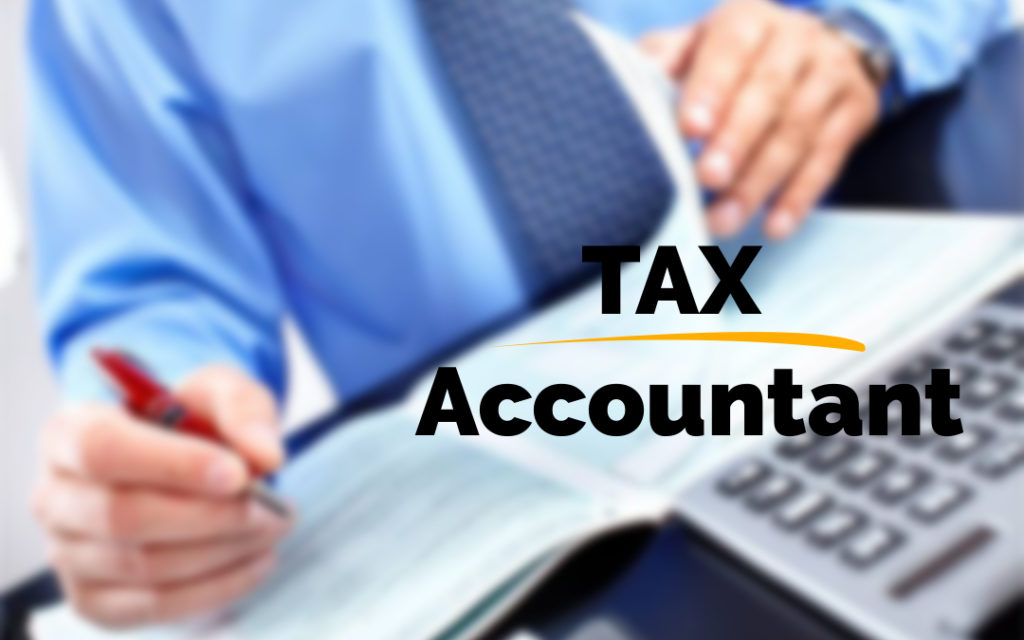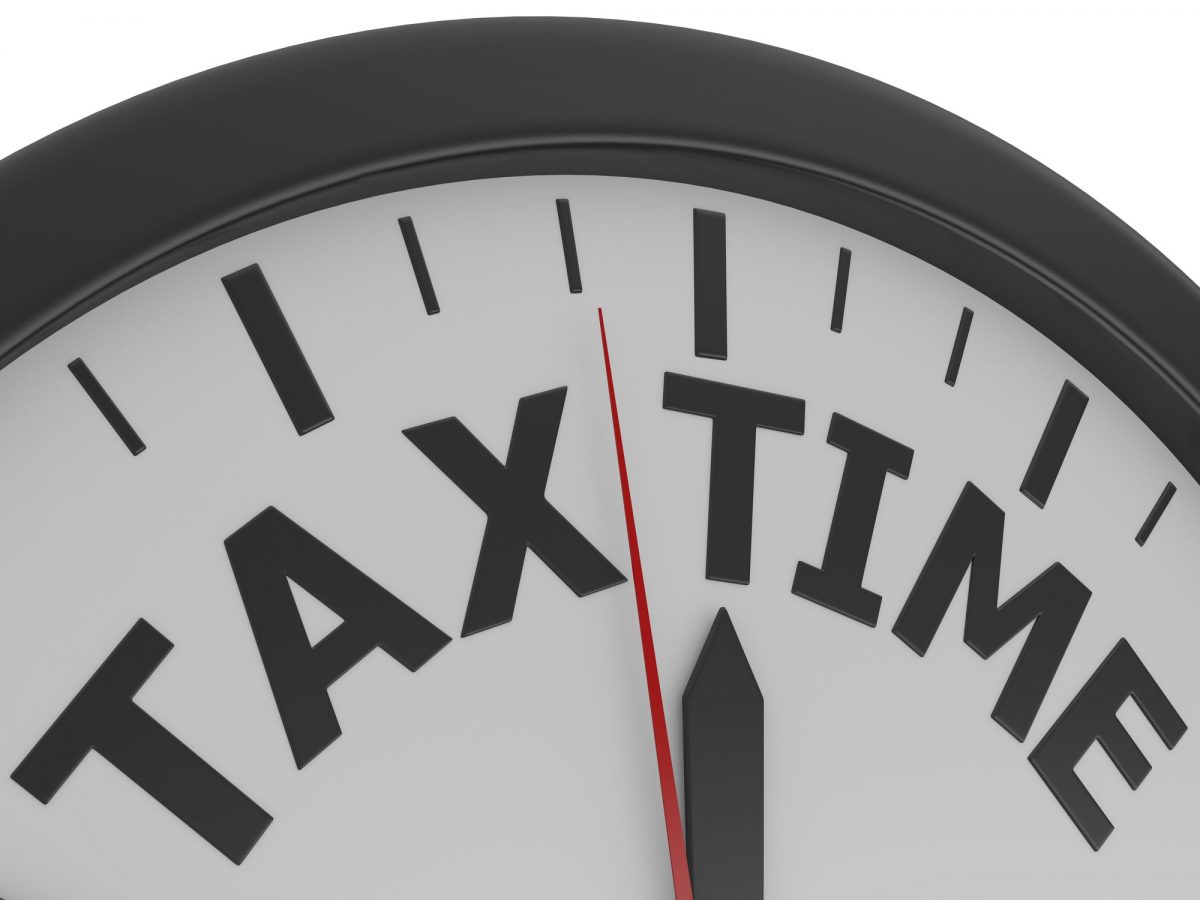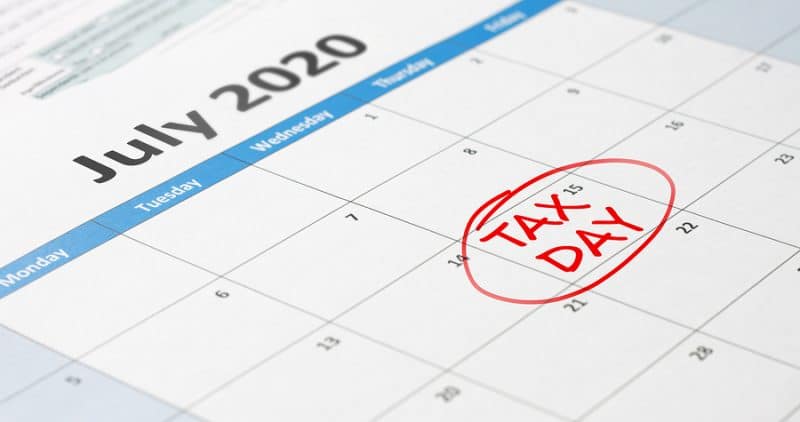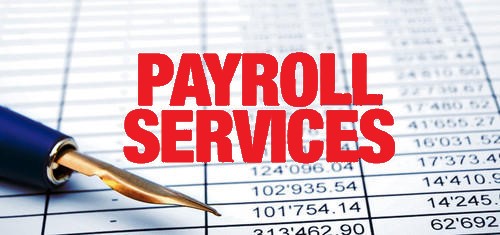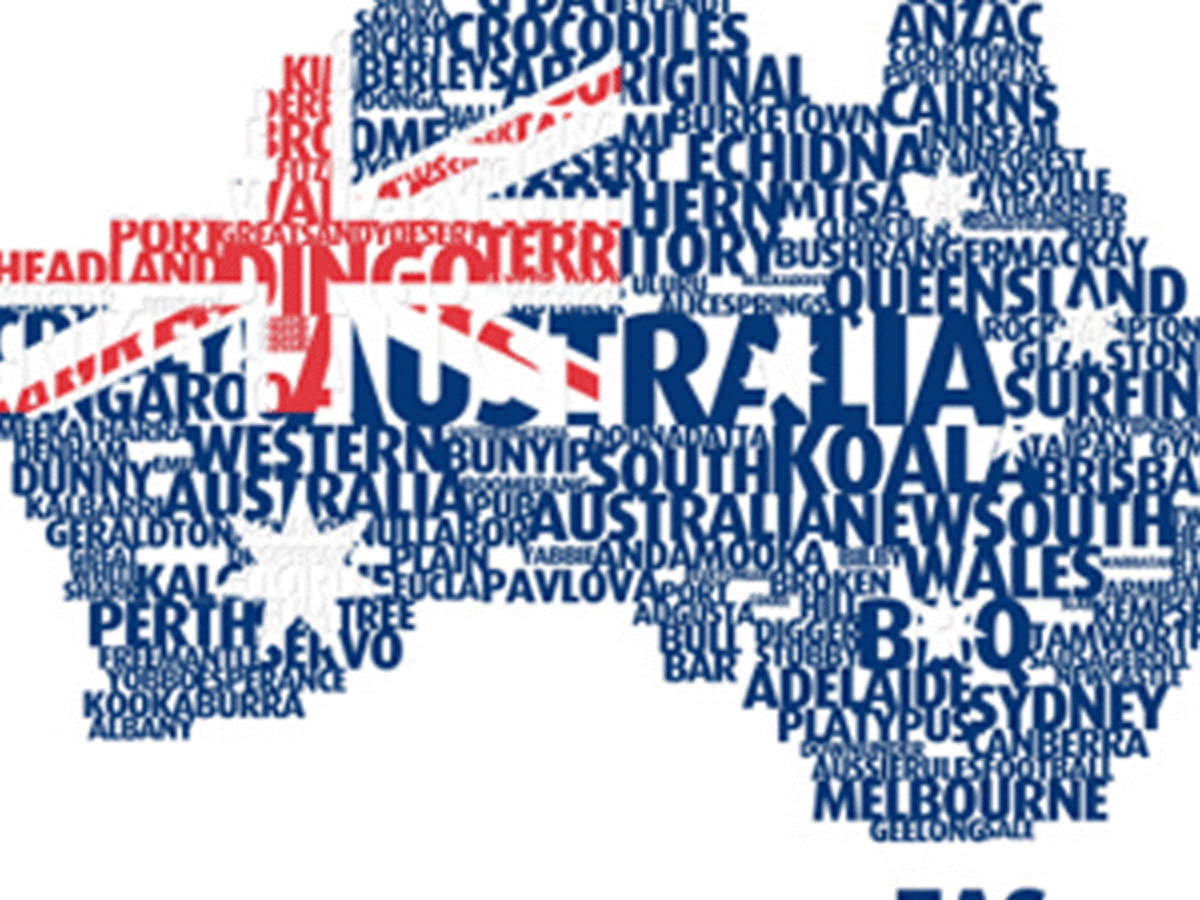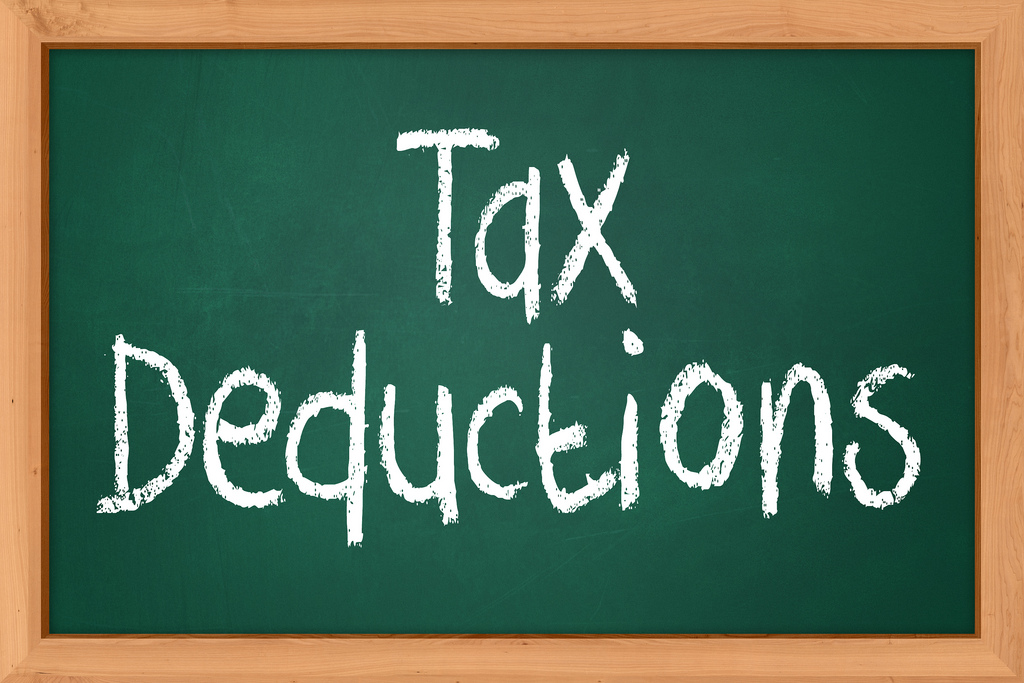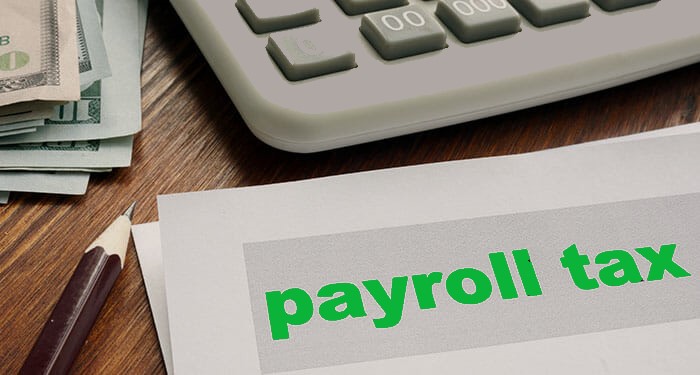Are you drowning in paperwork and confused about all the legislation that is constantly changing. And also how it is affecting your business? Then it may be time that you start looking for someone to help you. They will manage your books, payroll and give you the extra support so you can continue running your business. There is no better time than today to start looking for the best tax accountant. That is going to help you with all your financial accounting needs. And also assist you in navigating the challenges that you are faced with. As a business owner, you cannot understate how important it is to correctly file your taxes, be up-to-date with all employee tax regulations. And meticulously keep correct records in the case that the Australian Taxation Office burdens you with an audit.
You may be left wondering if you need a bookkeeper OR a tax accountant or both for that matter. To answer your question, bookkeepers and accountants both have common goals. But their services are used at different points of your financial cycle. A bookkeeper fulfills tasks like recording financial transactions including purchases, sales, issuing invoices, chasing up payments, producing receipts, and executing payroll payments for a business. They ensure that everything is recorded, and your books are left clean and healthy for an auditor to review.
On the other hand,
A tax accountant also records financial transactions, however, they also sort, store, summarise, and retrieve your financial information. And also presents your financial transactions in a way that you can make informed decisions on your business based on its financial health. An accountant can present you with reports that assist you in analysing strategic financial matters like operating costs and forecasting. The main purpose of a tax accountant is to produce you with an understanding of your business’s profitability. As well as giving you an understanding of how your cash flow is impacting your business. Tax accountants use the information that has been made available by the bookkeepers.
And of course, tax accountants can file your tax returns. And also have the ability to access any extending Australian Taxation Office submission dates for tax returns. If you decided that a tax accountant is a right path for your business, know that your investment will cover you for accounting. Also tax planning and preparation, payroll services, and strategic advice on how you can grow your business.
Before you make the decision whether you choose a bookkeeper or a tax accountant, it is important that you:
- Are clear with what service you need. Be specific – don’t feel the need to hire a bookkeeper if you need a tax return. And don’t work with an accountant if you just need data entry.
- Understand if you want a one-off service, a weekly, monthly, or yearly service.
- Write down what your requirements are.
- Have a budget in mind for bookkeeping and or tax accountant services.
- Find out the going rate for bookkeepers and accountants to understand costings. In general, bookkeepers charge a lower hourly rate than tax accountants.
You could possibly work with both a bookkeeper or a tax account. Since a bookkeeper is cheaper than an accountant you save money if they do the data entry. And then your books can be handed over to a tax accountant to finalise and lodge all your taxes. Or, the better option for you may be to work with a tax accountant. If that has an in-house bookkeeper to keep your costs down.
For business,
Advice, finance, and accounting needs – we believe a tax accountant is the right start to guarantee your small business is receiving the right guidance, implementing the right processes, and ensuring your business taxes are completed in a timely matter. When your small business continues to grow, your issues may start to become more complicated and your taxes become too confusing for you to handle, which is why working alongside a tax accountant for a small business will benefit you. They can assist small business owners to take on financial tasks that you are no longer able to overcome.
A tax accountant is a real necessity for your business rather than a nice to have. You need to view your tax accountant as a partner for your business. It cannot function without rather than a business luxury expense. A tax accountant has your business’s best interest in mind. And they ensure that you avoid issues with the Australian Taxation Office. When you hire a tax accountant, you can take advantage of their services and they can become a partner to work together with. Your tax accountant can track your sales, expenses, cash flow, outgoings and if they have a bookkeeper in-house, the bookkeeper can pay your invoices in a timely manner. They are specialised in small business financial needs and can partner with you to assist in business growth, identifying key growth and cost-saving opportunities, and advise on your company finances.
In addition,
A very important feature to be aware of – tax accountants for small businesses can also run your payroll! This means that you do not need to have an in-house payroll employee, and your tax accountant service can stay on top of all legislation that is required for your business. Your tax accountant is like a one-stop-shop for your business.
You need to be able to count on your tax accountant – they need to feel like they are part of your team. It is best for you to do your research and meet with at least three tax accountant firms to find the best tax accountant for small businesses. And when you do meet with prospective firms, be aware of all the services they offer to gain the most out of your outsourcing investment. A tax accountant service for small businesses is an important part of your company’s success. You need a firm that is reliable and there for you when an issue arises.
When you choose an accountant firm for a small business, they can manage your accounting tasks and offer your business advice and support. Start your accounting firm search today, by getting in touch with us at R T Taxation & Accounting Services. You can take advantage of our Outsourced CFO Services to leave the administrative hassle of running your small business to the experts and for you to do what you know best.


